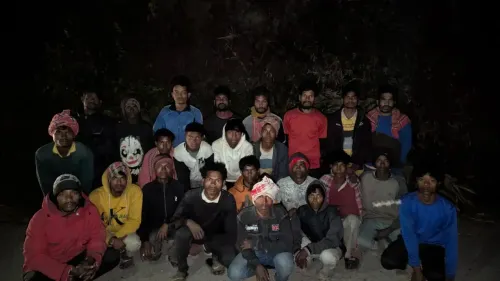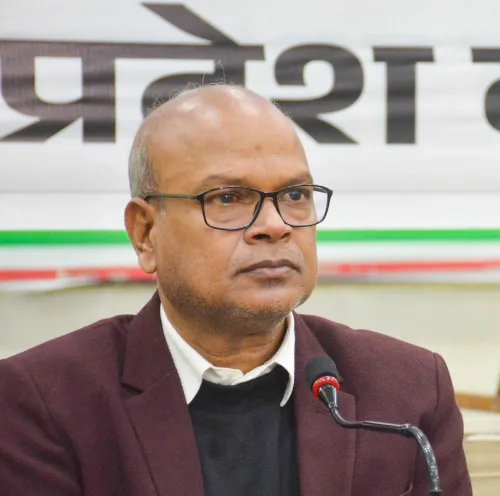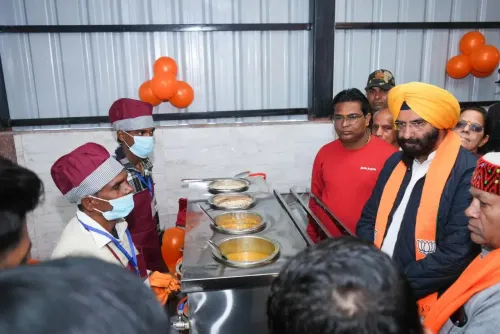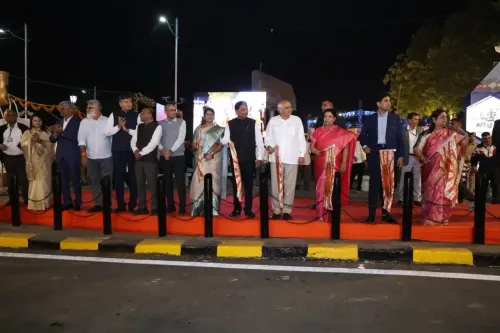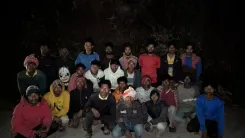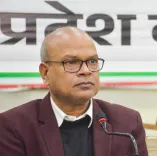Why is the Madras HC urging TN Police to focus on criminal investigations over VIP security?
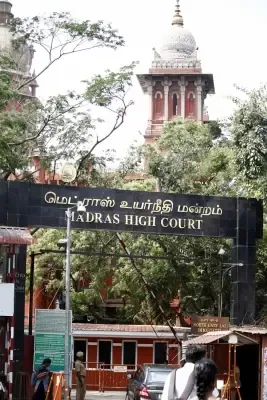
Synopsis
Key Takeaways
- Madras HC urges police to prioritize investigations.
- Investigating Officers should not be reassigned to VIP duties.
- Judiciary and police must collaborate to reduce case backlogs.
- Data discrepancies hinder justice delivery.
- Regular meetings are essential for data reconciliation.
Chennai, June 9 (NationPress) The Madras High Court has urged Greater Chennai Police Commissioner, A. Arun, to guarantee that Investigating Officers (IOs) remain focused on their core responsibilities and are not reassigned to duties such as VIP security and public events. This will enable them to expedite the completion of criminal investigations.
Justice P. Velmurugan issued this recommendation, emphasizing the need for collaboration between the judiciary and law enforcement to alleviate the backlog of criminal cases throughout Tamil Nadu.
He also indicated that he may summon the Director General of Police and Head of the Police Force, Shankar Jiwal, to provide similar guidance, potentially establishing a precedent for the entire state.
The judge raised concerns regarding the inconsistencies in the data kept by both the police and judiciary concerning the resolution of criminal cases.
He noted that cases are frequently closed by the police as ‘mistake of fact,’ yet these closures are not reflected in judicial records.
In numerous cases, the final reports submitted by the police are not acknowledged by the courts, leading to additional discrepancies in data.
State Public Prosecutor Hasan Mohamed Jinnah informed the court that these inconsistencies could be remedied if Principal District Judges and Superintendents of Police held regular monthly meetings to align their records.
Justice Velmurugan concurred, observing that this practice appears to be absent in many districts. The court instructed Commissioner Arun to collaborate with trial courts to implement these corrective actions, stating that any lack of cooperation from Judicial Officers should be reported to him for necessary actions.
“The impoverished and uneducated individuals often lack an understanding of legal procedures beyond filing a police complaint. It is vital that the criminal justice system operates in their favor and guarantees timely justice,” emphasized Justice Velmurugan.
The judge also ordered Arun to provide updated data by July 8 concerning all pending criminal cases within Chennai city limits, including statistics on cases under investigation, final reports submitted, and ongoing trials.
These directives were announced during a hearing related to a petition concerning the non-registration of a case under the SC/ST (Prevention of Atrocities) Act.
Hasan Mohamed Jinnah informed the court that even though petitioner V. Vanamalai had presented a communication from the National Commission for Scheduled Castes (NCSC), the police had not received the correspondence via email as claimed by the commission.
Justice Velmurugan instructed the State Public Prosecutor to submit a counter-affidavit by June 23, after which appropriate orders will be issued.


